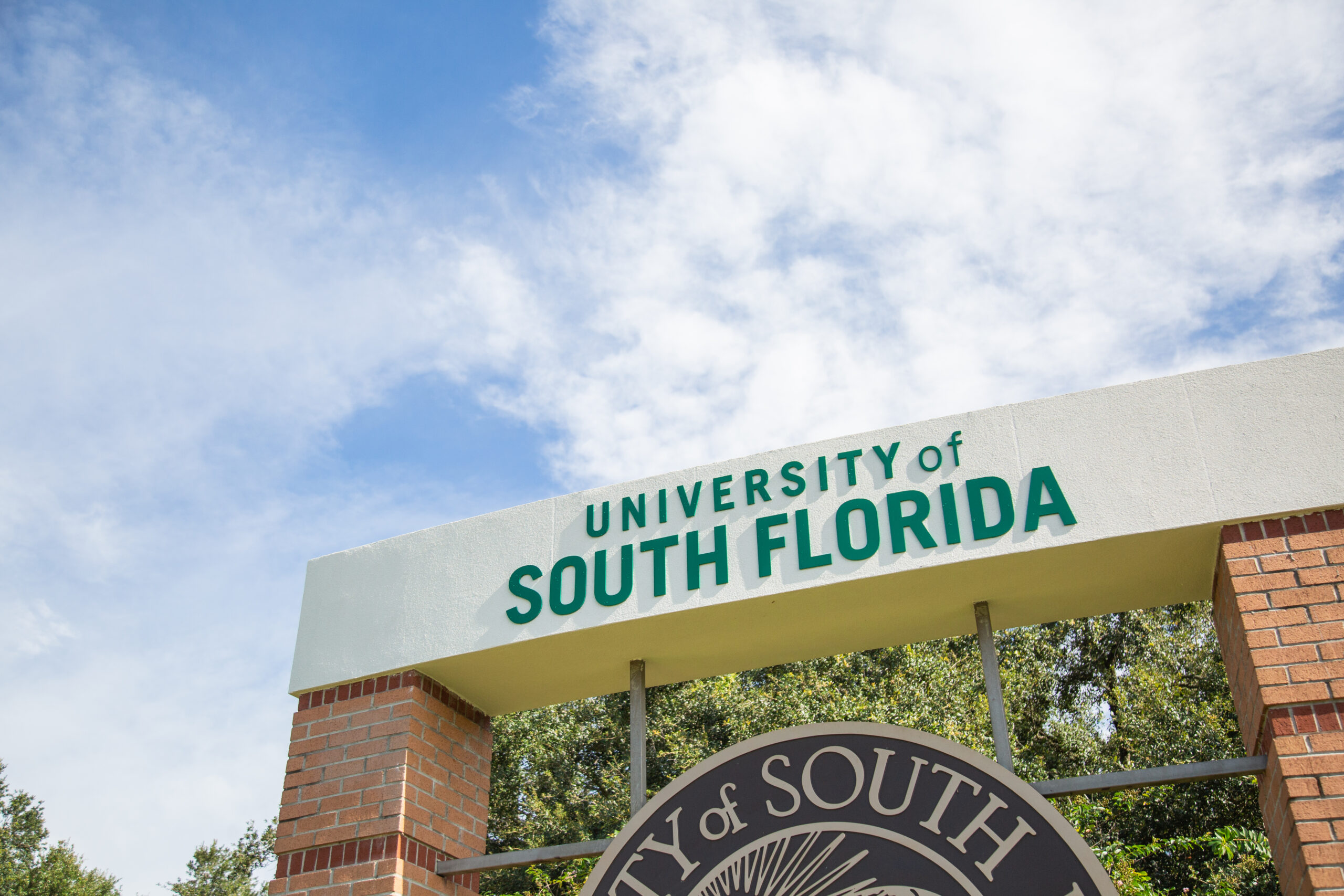BOT implements new Title IX policy changes

The USF Board of Trustees (BOT) on Tuesday approved new Title IX regulations for the Student Code of Conduct which will change the structure in which hearings for sexual harassment allegations are held.
The changes consisted of an expansion to the role of advisers into cross-examiners during the sexual assault allegation hearing process, an addition of appeal options for the respondent and changes to nuanced definitions of key sexual misconduct-related terms like “dating violence” and “stalking.”
These were made a requirement for all public universities by the Department of Education (DOE) in May as an attempt to grant all students due process for allegations within the parameters of Title IX.
“Advisers have always been permitted in any of our students’ conduct procedures, you can always bring a support person or an adviser,” Dean of Students Danielle McDonald said. “For some students, it might be a lawyer or parent, for others it might be a victim’s advocate or a student affairs professional.”
Now, instead of simply advising the student, the adviser will have to speak in the hearing process, according to McDonald.
“This change is only for Policy 0-004 [on sexual misconduct and harassment], the adviser would now have an active role in the hearing, where they would cross-examine witnesses, respondents or complainants,” she said.
McDonald said this addition is likely to have the greatest impact on students who fear coming forward with allegations.
“Student Conduct professionals gave a lot of feedback to the Department of Education, when [the new Title IX regulations] were just proposed changes,” she said. “There was concern that adding the cross-examination component may have a chilling effect on students coming forward.”
In order to combat this “chilling effect,” McDonald said the university will be putting staff in place to make the hearing process as easy as possible for the complainant and the respondent.
Along with the change to the adviser role, USF will now be required to provide an adviser for a student who did not choose one or require them to provide their own, according to McDonald.
If a respondent or complainant does not attend the hearing, an adviser will be appointed to be cross-examined on their behalf using statements given by the respondent or complainant prior to the hearing. Before this change, the hearing would not have been held if either party did not attend.
“It will feel like a whole different process,” McDonald said.
Another change redefined key terms like dating violence, domestic violence, sexual harassment, sexual assault and stalking, according to Title IX Coordinator Araiña Muñiz.
“The biggest difference in the definitions would be the sexual harassment definition,” Muñiz said. “So, the federal government says that we [now] have to use the definition of sexual harassment which would say, ‘this conduct is so severe, pervasive and objectively offensive, that it impacts the ability of somebody to access their education.’”
The only difference in this statement and the original definition is the substitution of “and,” for “or,” according to Muñiz.
However, if an allegation is made that is not considered “severe, pervasive and objectively offensive,” the university will still see the allegation to resolution.
“It is just a matter of whether or not it will be addressed in a Title IX proceeding or if they will stay a student conduct proceeding,” Muñiz said.
The last significant change to the Student Code of Conduct is the appeals process for sexual harassment cases.
“In the past, and in every other current hearing process except for violations of [Sexual Misconduct and Sexual Harassment policy], you can only appeal the hearing process,” McDonald said.
With the new Title IX changes, respondents can now submit appeals about this portion of the investigation as well as the involvement of any people in the hearing or investigation.
“[Appeals] are based on perceived bias or perceived conflict of interest,” McDonald said.
This means that if a respondent feels any member or aspect of the hearing process is biased toward them, their penalties can be challenged, according to McDonald. A copy of these appeals will be submitted to the charged student, student organization or complainant and, in specific cases, the Title IX coordinator, investigators and hearing officer or hearing body.
If the appeals judge feels that the appeals are valid, the penalties can be modified, the case can be reopened or a new formal hearing could be ordered, according to McDonald.
Title IX prohibits discrimination on the basis of sex and includes a section defining sexual harassment and how universities should handle allegations of sexual misconduct. It is changed and adjusted often, according to McDonald.
“We expect there will probably be more changes, and there are times where we could have a role in deciding what needs to happen and there are times where we don’t get to have a decision,” she said.
This round of changes to the Student Code of Conduct was not decisions the BOT had a say in, but the board was required to formally approve them to adjust Policy 0-004 and meet the requirements of the DOE.
Despite current and future changes, McDonald said that the university will do the best it can to adapt and improve the process for sexual harassment allegations universitywide.
“We will continue to influence where we can to make the process the fairest and caring possible for all parties involved,” she said.







